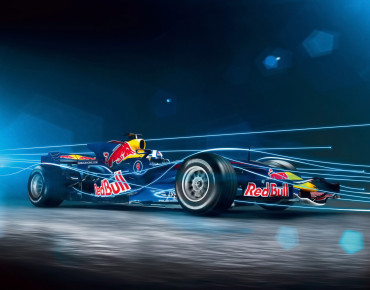F1 Accelerates in the Industrial Internet Race

Not only does Formula One racing represent the cutting edge of motorsports, but it has also become a test track for innovations that may one day come to your own vehicle.
But it doesn’t stop at the automotive industry. As teams rely on more data from sensors across F1 tracks and cars, the sport is finding more parallels in industries from oil and gas to manufacturing consumer products, particularly in using sensor data to drive analytics
"By chance or whatever we've ended up that F1 is a very strong metaphor for how the world is developing around a more industrialised Internet," explains Peter van Manen, managing director of McLaren Electronic Systems, part of a group which makes F1 cars. "You take information and you measure things, and from that you try to adapt how things behave and flow, so you can make performance better."
At the heart of these similarities is the demanding F1 schedule, which requires engineers to model, simulate and manufacture new vehicle components in as little as two weeks, and only a few months for an entire car.
"There are very few industries which have a similar ability to evolve at such pace and bring components or products to market at such speed," says Gerard Spensley, AT&T's global accounts director for F1.
And this requires that teams gather data from over 100 sensors within each car and transmit it back to the pit or the team headquarters for analysis in minutes or even seconds that can be used to give the driver feedback.
For example, in last year’s Brazilian Grand Prix, the Infiniti Red Bull Racing team’s UK factory used data gathered after an early collision to Sebastian Vettel’s car in order to give trackside engineers a leg up on the work they would need to do in their first pitstop.
And bringing its research to the larger community, McLaren has used its experience to deliver a network of sensors, antennae and masts to San Francisco’s Bay Area Rapid Transit, which collect video surveillance and provide passengers with WiFi.
And when efforts such as these aren’t enough, analytics vendors say that being associated with F1 has raised awareness of their products across other industries. According to Paul Marriott of SAP, whose real-time tool HANA is being used by McLaren, says they’ve seen the benefits of being associated with F1.











